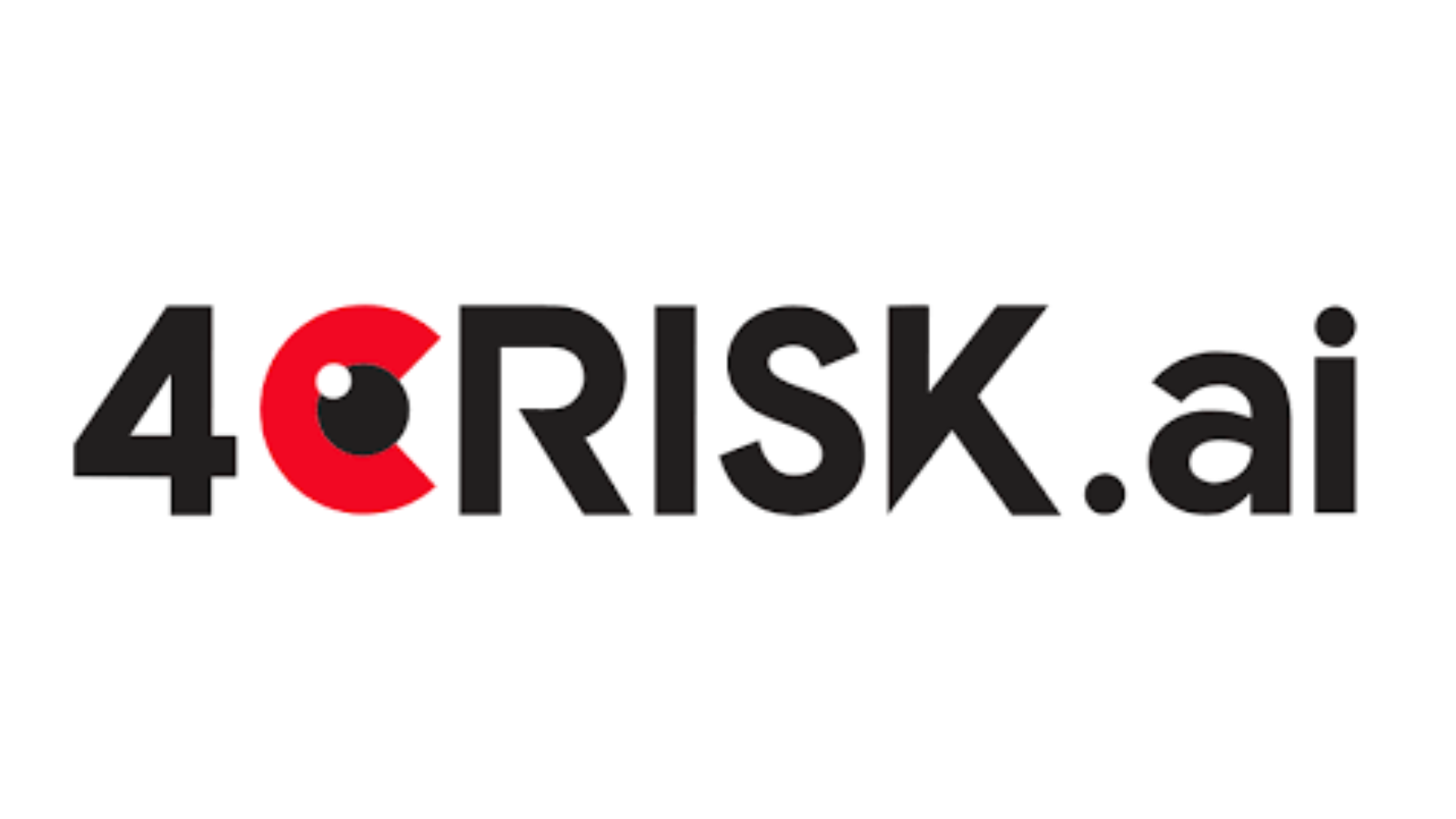Blockchain technology has emerged as a pivotal force in transforming the financial services industry. It has ushered in a new era, introducing terms and functionalities such as digital assets, distributed ledgers, and more. In response to this technological revolution, numerous startups and companies have positioned themselves as open-source blockchain platforms. These companies are dedicated to enhancing scalability and streamlining transaction processes for digital assets. The integration of distributed ledgers into these open-source blockchain platforms has significantly contributed to transparent and efficient workflows. In this article, we will delve into the top ten open-source blockchain platforms in 2023 that have been instrumental in facilitating smooth transactions within the financial service industry.
Hyperledger Fabric: Revolutionizing Financial Transactions
Hyperledger Fabric stands out as one of the premier open-source blockchain platforms, offering a modular architecture for developing applications and solutions. This blockchain company leverages the power of blockchain technology to provide consensus and membership services. Its primary goal is to simplify financial transactions, making them faster and more accessible. Hyperledger Fabric boasts a diverse range of business blockchain technology portfolios, encompassing distributed ledgers and frameworks.
Stellar: Pioneering Digital Asset Creation and Trading
Stellar is a leading name in the blockchain industry, with a strong focus on creating, sending, and trading digital assets. Its mission is to harmonize the world’s financial systems through a single network. Stellar achieves this by utilizing APIs and SDKs that harness the potential of blockchain technology and micropayment services. Additionally, it offers a comprehensive ledger explorer and analytics platform, providing invaluable insights into distributed ledgers, digital asset statistics, 24-hour ledger statistics, network statistics, and more.
Ripple: Making a Business Impact on Digital Assets
Ripple has emerged as a key player among open-source blockchain platforms, exerting a significant influence on digital assets. The company harnesses blockchain technology to provide enterprise-grade solutions that are faster, more transparent, and cost-effective. Ripple’s offerings include sourcing crypto, facilitating instant payments, and engaging new audiences to drive improved revenues.
Klaytn: Transforming the Metaverse with Digital Assets
Klaytn has gained popularity as an open-source blockchain platform designed for the public to engage with digital assets within the metaverse. Its mission is to deliver performance, decentralization, scalability, and interoperability to this burgeoning virtual landscape. Klaytn is currently in the process of transforming itself into a metaverse-scale blockchain platform, emphasizing coordination and adherence to open-source standards. Notably, it welcomes contributions from both Ethereum Improvement Proposals (EIPs) and Klaytn Improvement Proposals (KIPs).
OpenChain: Managing Digital Assets Securely
OpenChain is a well-regarded open-source blockchain platform equipped with distributed ledger technology. It caters to organizations seeking secure and robust digital asset management. One distinctive feature of blockchain technology in OpenChain is the absence of mining fees, a characteristic that sets it apart in terms of immutability.
Hyperledger Iroha: Simplifying Distributed Ledger Software
Hyperledger Iroha ranks among the top open-source blockchain platforms, offering distributed ledger software designed for simplicity and ease of integration into infrastructural or IoT projects. It boasts features such as a straightforward construction, modular design rooted in domain-driven C++, and a resilient consensus algorithm known as YAC.
Hyperledger Sawtooth: A Versatile and Modular Solution
Hyperledger Sawtooth is a blockchain company specializing in enterprise solutions for building and deploying distributed ledgers. It achieves this by providing an incredibly modular and flexible platform for implementing transaction-based updates between untrusted parties. The company also actively maintains an open-source project on GitHub, offering project direction and use cases.
Corda: Empowering Regulated Markets with Digital Trust
Corda’s primary focus is on swiftly developing digital assets and financial solutions within a private and secure scalable DLT platform. This scalable and permissioned P2P distributed ledger technology platform fosters digital trust among parties in regulated markets. Corda expedites the development process by offering production-ready open-source code and sample applications, allowing users to launch their first Corda application within minutes.
Tron: High-Performance Blockchain Operating System
Tron stands as one of the world’s largest blockchain-based operating systems, characterized by its high throughput, scalability, and availability. Its mission is to enable decentralized applications to operate on TRON with lower energy consumption, faster speeds, and enhanced safety, all while accommodating unlimited capacity for the main network. The blockchain technology ecosystem within Tron includes tokens like TRX, BTT, USDT, USDC, JST, and NFT.
BigChainDB: Merging Blockchain Technology with Big Data
BigChainDB is a well-known open-source blockchain platform that combines blockchain technology with database functionality. It excels in high throughput, low latency, decentralized control, and immutable data storage. This platform caters to companies that require distributed ledgers and databases with characteristics reminiscent of blockchain technology.
In conclusion, the landscape of open-source blockchain platforms is diverse and dynamic, with each company bringing unique capabilities to the financial services industry. As we move further into the digital age, these platforms will continue to evolve, shaping the future of financial transactions and digital asset management. Stay tuned for further developments in this rapidly advancing field.










Leave a Reply